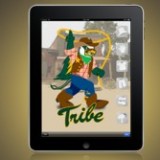The answer is…it depends. Sorry if you were hoping for a more definitive answer but, like many technologies, it really depends on how you are planning on using it and why.
Mashable named QR codes one of the 8 Big Trends That Shaped the Mobile Phone Industry in 2011, and being in on the latest trends is always tempting. I am all for exploring the latest technology, but I think a key step to take before using them (or any new technology) in your organization is familiarizing yourself with the technology beforehand. Sign up for that new social media site and use it personally for a while, or in the case of QR codes, how many times have you scanned a QR code with your phone? Or known others who have? When have you found it helpful?
Scott Stratten‘s UnMarketing Keynote at the National Arts Marketing Project conference offers some (rather humorous) examples of how not to use QR codes:
If you get past the step of concluding a QR code would be a useful addition to something your organization is doing, there are a few things to keep in mind:
Is the web site linked in the QR code optimized for mobile devices?
People are using their mobile phones for viewing whatever the QR code sends them to. You need to make sure the destination website is at least a mobile-friendly site (so the page is navigable on a small screen with no Flash, giant images, heavy Javascript or other visual effects), if not totally mobile-optimized.
Since your users are on mobile devices with smaller screens and slower download and processing speeds you must consider the structure of your content. Does the page require filling in a lot of information? Or downloading a large document? Or viewing a large amount of text or photos? If so, that’s probably not the best suited to viewing on a mobile site or interacting with on a, typically slower, mobile network.
Is the content useful in a mobile setting?
Another thing to think about is whether the information you’re linking to is something that a person who is on a mobile phone would find useful and interesting. The link could utilize the fact they are on a mobile phone to add your organizations event to their personal calendar, or a contact to their address book. Or you could offer additional photos or videos related to something you’re advertising; “exclusive” content that’s just for folks who scanned the QR code. However, if you’re simply directing them to a page on a website that they could just as easily see on their computer, that’s not really rewarding the scanner for their time and effort (however minimal) to scan the QR code.
Is there a reward/motivation for scanning the code?
Something to keep in mind for higher education institutions in particular, a recent survey reported that most (75%) of college students won’t scan QR codes, so whatever the content is, it needs to be something that motivates the students enough to be willing to download a QR code reader (if they don’t already have one) to find out the information.
Learn More
Intrigued? Hubspot offers a quick 4 step setup guide that can get you started. Plus, here are a few more good tidbits about QR code use:
“QR codes function as context portals, enhancing our in-person experience with related digital information — for example, a flyer for a career workshop with a code driving you to a basic (mobile-friendly!) registration form or an advertisement for a concert featuring a code linking to a short video preview. There’s a lot of debate about the future of QR codes, but whether they stay or or go these types of informational way stations will be critical connectors in this new landscape, delivering contextually-relevant content.”
-Georgy Cohen, Aligning Content Online and Offline, Meet Content
“QR codes do enjoy a high-level of awareness among college students yet only a fraction (21%) could properly scan and activate the code. Why the discrepancy? According to our findings, students simply struggled with the process. Some didn’t know a 3rd party app was needed, many mistakenly assumed it could be activated with their camera, and others just lost interest, saying the activity took too long.”
-Don Agguire, QR Codes Go to College, Archrival Youth Marketing
“Employ simple language around the code itself. Not necessarily every user knows what a QR code is or that you must download the app prior to using. An example ‘Scan this code with your smartphone to watch these stories’ and be as specific as you can as to what the viewer will see.”
-Nicole O’Connell, To Scan or Not to Scan: Use of QR codes in Enrollment Marketing
Another interesting read is Mashable’s Why QR Codes Won’t Last which drummed up a lot of discussion in the comments.
Have you successfully (or unsuccessfully) used a QR code in a campaign? What was your experience?







